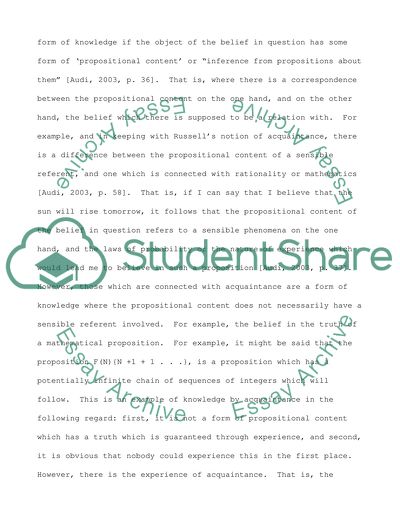Cite this document
(“The Notion of True Belief Essay Example | Topics and Well Written Essays - 1500 words”, n.d.)
Retrieved from https://studentshare.org/philosophy/1430686-critically-evaluate-the-claim-that-one-s-having-a
Retrieved from https://studentshare.org/philosophy/1430686-critically-evaluate-the-claim-that-one-s-having-a
(The Notion of True Belief Essay Example | Topics and Well Written Essays - 1500 Words)
https://studentshare.org/philosophy/1430686-critically-evaluate-the-claim-that-one-s-having-a.
https://studentshare.org/philosophy/1430686-critically-evaluate-the-claim-that-one-s-having-a.
“The Notion of True Belief Essay Example | Topics and Well Written Essays - 1500 Words”, n.d. https://studentshare.org/philosophy/1430686-critically-evaluate-the-claim-that-one-s-having-a.


